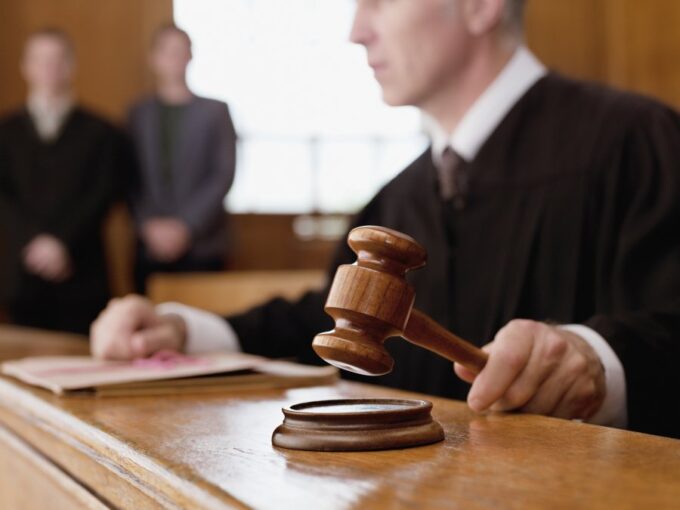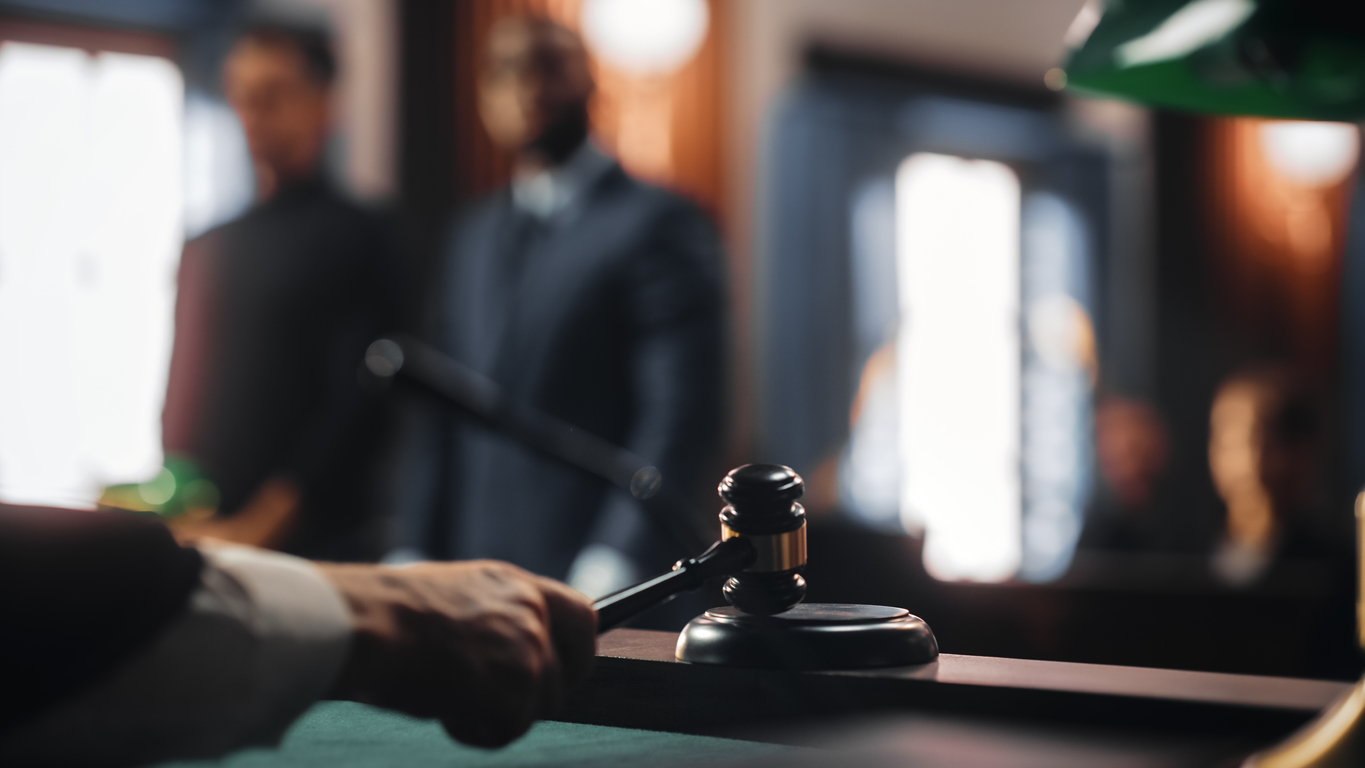Anyone charged with a criminal offense has two possible paths they must choose from – pleading guilty or going to trial. Often, accused persons opt for pleading guilty with the hope that it will save them the time, cost, and emotional disturbances typical of a trial proceeding. However, that decision may not always be the best, especially if it was made in ignorance.
The importance of making a well-informed decision cannot be over-emphasized because every decision comes along with its consequences. No one wants to pine away in regrets because they could have chosen better, and choosing better in this context means that an accused person has considered the professional advice of a defense lawyer in deciding whether to go to trial or plead guilty.
An attorney can guide an accused through the pros and cons of going to trial and pleading guilty. Ultimately, the accused person must decide for themselves.
Pleading Guilty to an Offense

Despite the right to trial entrenched in every constitution, 90 percent of criminal convictions in the United States were arrived at through a plea bargain. Nowadays, people prefer to admit guilt – even when they are innocent – rather than go to trial. The reasons are not far-fetched; they can pull off a plea bargain which allows for an attractive offer of a reduction in terms of a sentence.
Over time, the prosecution, in agreement with criminal defense lawyers, has used this system to decongest the number of criminal cases judges must handle. While entering a guilty plea seems quite beneficial, it does have its disadvantages.
Pros
Speedy Resolution:
Because of a trial’s demanding and exhausting nature, many defendants will welcome anything to “get it done with.” Trials can span over months and, in some cases, years. There is something quite unsettling about waiting for a lengthy period to decide your fate.
Reduced Sentence:
It is common to see a reduction in the charges of people who plead guilty upfront. For instance, there might be a step down to a misdemeanor for defendants charged with a felony. In the same way, you may get away with a reduction in terms of your sentence when you plead guilty.
Cost:
Everyone standing trial knows their fate depends on having a lawyer with lots of professional experience on their side, and this does not come cheap. While the cost of going to trial should not be the primary reason for choosing to plead guilty to an offense, especially when there is the element of innocence, it is a very valid point to consider.

Cons
Period of Sentencing:
More often than not, the penalty imposed on defendants who plead guilty gives little or no room for them to put their affairs together before the penalty takes effect. Even with the plea bargain, a person may still be sentenced to multiple years. In that case, they may require ample time to square things away with family and others.
Loss of Trial Rights:
An agreement to plead guilty is an agreement to waive one’s right to have a trial. The defendant gives up their right to be presumed innocent until proven guilty. It is increasingly becoming normal to ditch those protective rights for plea bargains.
Injustice:
Being falsely accused of a crime is a horrific experience. Innocent defendants may have to concede to pleading guilty to offenses they had no hand in.
Discretion of Judges:
Things may not go the way your defense lawyers and prosecutors predicted. If a judge does not like the sentence proposed by the prosecutor, they may review the terms of the proposed sentence. This means there is every likelihood of a judge canceling the agreed sentence and imposing what they see fit.
Proceeding to Trial: Pros and Cons
Trials come with their benefits as well as their setbacks. Although most defendants flow with the wind of guilty pleas, this does not negate what defendants stand to gain in pursuing a full trial and proceeding until justice is attained. Here are some benefits and downsides of going to trial:

Pros:
Defenses:
Trials do not always end in favor of the prosecution. Sometimes, they may be weakened by the evidence available, giving room for a defendant with strong defenses to win the day.
Sense of Pride:
Winning at a trial and clearing your name of all accusations creates a feeling of fulfillment. It also gives you a deep sense of justice. Therefore, there is no harm in pursuing a trial to ensure that justice is served.
Protected Rights:
Going to trial over a matter grants defendants protection of their rights. It is presumed that the defendant is innocent until proven guilty. Also, the defendant is not saddled with the responsibility of establishing guilt; the prosecution is. Where the prosecution seems to go against any of the forms established to guard the defendant’s rights, it strengthens the defendant’s case.
Cons
Unpredictable Jury:
An unpredictable jury is one huge disadvantage defendants going to trial must prepare for. Despite the strength of a defendant’s case, there is no telling what sentence or punishment the jury may impose on the defendant. Usually, harsher penalties are given at trial than when a defendant accepts a plea bargain.
How to Decide Whether to Plead Guilty or Go to Trial

In determining if it is better to plead guilty or go to trial, a defendant’s best asset is a criminal defense lawyer. There are a lot of things a lawyer puts into consideration when advising on what to do.
While pleading guilty seems to be in popular demand, defendants must tread cautiously in following the path. A dent in one’s criminal record causes one to be at the risk of having certain professional licenses revoked and careers ruined. Therefore, people should listen to their lawyer’s advice per situation.
Bottom Line
To help determine what works best, a defense lawyer may request some evidence to assess how strong the prosecution’s case is against the defendant. In some cases, defendants should start at trial and then wait for a plea bargain offer from the prosecutor to come their way. Whatever the case, defendants must seek counsel from their lawyers before deciding whether to plead guilty or go to trial.









